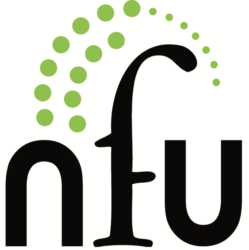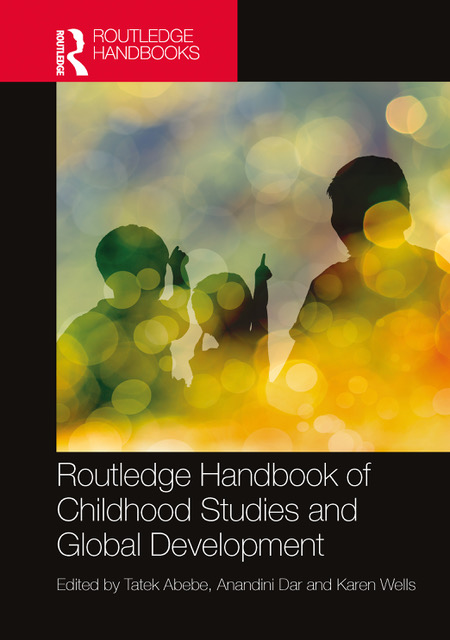As a member of EADI, NFU invites you to follow the updates and learn more about recent collaborations.
Dive into a packed issue of the EADI newsletter, brimming with news and opportunities to inspire your development journey:
📚 Call for Book Editors
Step into the spotlight! We’re inviting applications for editors of the EADI Global Development Series. Shape the discourse on pressing global development issues. Apply now.
📖 Just Published: A Groundbreaking Open Access Book
Plurinationality and Epistemic Justice explores the transformative potential of education in Ecuador. This compelling work champions Indigenous voices, blending themes of decolonization, ecological diversity, and poverty alleviation. Read more.
🎉 Don’t Miss the Book Launch Event
Join the celebration for Equity in COVID-19 Mitigation and Policy Responses in Africa. Gain insights into how policy shaped pandemic responses across the continent. Event details.
📝 Fresh Insights: New Blog Posts and Initiatives
- Explore four thought-provoking blog posts, including our latest from the “Decolonising Knowledge for Development” series.
- Discover our new working group on Latin American Development Studies and the innovative Methods & Innovation task group.
Visit our blog.






